Hells Angels: History, Structure, And Activities
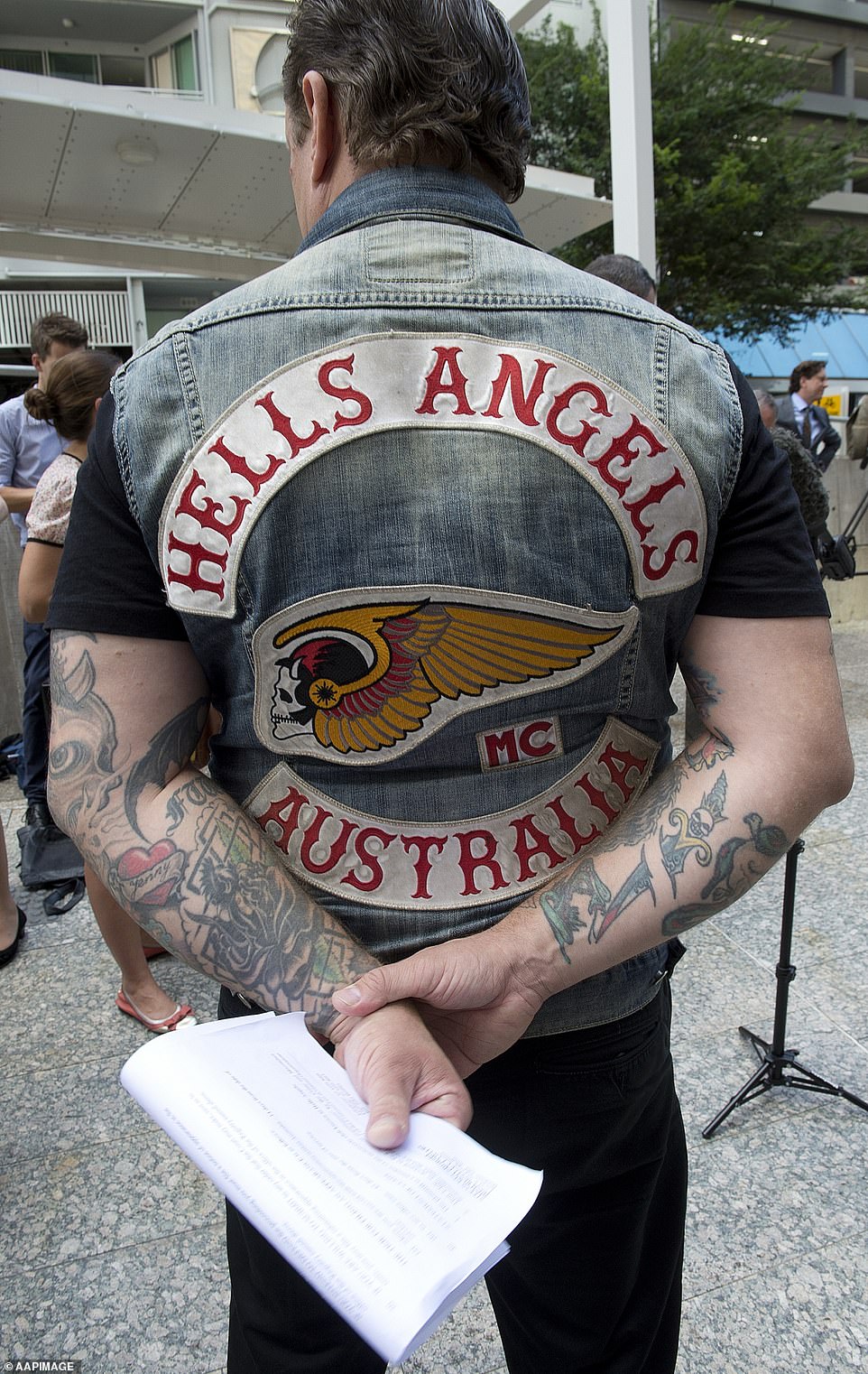
Table of Contents
A History of the Hells Angels: From Post-War Roots to Global Presence
The Hells Angels Motorcycle Club's origins trace back to the post-World War II era in California. Founded in 1948, the club initially embodied a post-war counterculture, attracting veterans disillusioned with societal norms. Early members, many of whom were ex-servicemen, found camaraderie and a sense of belonging within the club's burgeoning biker culture. The early years saw the establishment of chapters across California, laying the groundwork for future expansion. The club's image evolved over time, shifting from a somewhat loose association of motorcycle enthusiasts to a highly structured and often criminal organization. This transformation was fueled by internal power struggles, conflicts with rival motorcycle clubs, and increasing involvement in illegal activities.
The Hells Angels' global expansion began in the latter half of the 20th century, with chapters springing up across the United States, Canada, Europe, and Australia. This expansion wasn't always smooth, often marked by territorial disputes and violent clashes with other OMGs. The club's notoriety grew alongside its reach, solidifying its reputation as a powerful and dangerous force.
- Key Dates:
- 1948: Founding of the Hells Angels Motorcycle Club in Fontana, California.
- 1950s-1960s: Rapid expansion across California and other parts of the US.
- 1960s-Present: International expansion and increasing involvement in criminal enterprises.
- Locations of Early Chapters: Fontana, San Bernardino, and other Southern California cities.
- Significant Events: The infamous Altamont Speedway Free Concert in 1969, numerous violent clashes with rival motorcycle gangs, and countless legal battles.
The Internal Structure of the Hells Angels: A Hierarchical Organization
The Hells Angels' strength lies in its highly structured hierarchical organization. This intricate system, essential for managing its extensive operations, ensures efficient communication and control across chapters worldwide. The hierarchy is clearly defined, with specific roles and responsibilities at each level.
- Prospects: Individuals seeking membership, undergoing a probationary period.
- Members: Full-fledged members with voting rights and responsibilities.
- Sergeants-at-Arms: Enforcers responsible for maintaining discipline and carrying out violent acts when necessary.
- Presidents: Leaders of individual chapters, reporting to the national leadership.
- National leadership: Oversees the entire organization, making strategic decisions and resolving conflicts between chapters.
The club operates through a network of autonomous chapters, each governed by its own president and leadership team. While individual chapters maintain a degree of autonomy, they remain accountable to the national leadership, ensuring consistency in operations and upholding the club's overall image and goals. This structure allows for both local control and coordinated action on a larger scale. Strict rules and codes of conduct govern member behavior, promoting loyalty and discipline within the organization.
[Insert a visual representation of the Hells Angels hierarchy here - a chart or diagram would be ideal]
Activities and Criminal Enterprises of the Hells Angels: Beyond the Motorcycles
While presenting a public image of a motorcycle club, the Hells Angels' activities extend far beyond riding motorcycles. The HAMC has been extensively implicated in a wide range of criminal enterprises, generating substantial revenue and maintaining its power. These activities include:
- Drug Trafficking: The club's involvement in the distribution of narcotics, including methamphetamine, cocaine, and heroin, is well documented.
- Weapons Smuggling: Illegal trafficking of firearms, often used to enforce the club's power and engage in violent acts.
- Extortion and Racketeering: The use of intimidation and violence to extort money from businesses and individuals.
- Violence: The club's history is marred by numerous incidents of violence, including assaults, murders, and retaliatory attacks against rivals.
Law enforcement agencies face significant challenges in investigating and prosecuting Hells Angels' activities due to the club's secretive nature, strong loyalty among members, and sophisticated methods of concealing their criminal operations. The use of the motorcycle club as a front for these illegal activities makes investigation particularly difficult, requiring meticulous undercover work and complex legal strategies.
- Specific Examples: Mention specific high-profile cases and investigations here, linking to reliable news sources where appropriate.
Conclusion: Understanding the Hells Angels Motorcycle Club
The Hells Angels Motorcycle Club represents a complex and multifaceted organization. This article has highlighted key aspects of their history, intricate organizational structure, and extensive involvement in criminal activities. Understanding the Hells Angels requires acknowledging the stark contrast between their carefully cultivated public image and the reality of their often-violent and illegal operations. Studying the Hells Angels provides a crucial case study into the dynamics of organized crime, the complexities of counter-cultural movements, and the challenges faced by law enforcement in combating such deeply entrenched and secretive organizations.
To gain a deeper understanding of this controversial and influential group, continue your research into the Hells Angels Motorcycle Club, exploring its history, structure, and activities through reputable sources. Further research into the Hells Angels is vital for understanding the complexities of organized crime and its impact on society.

Featured Posts
-
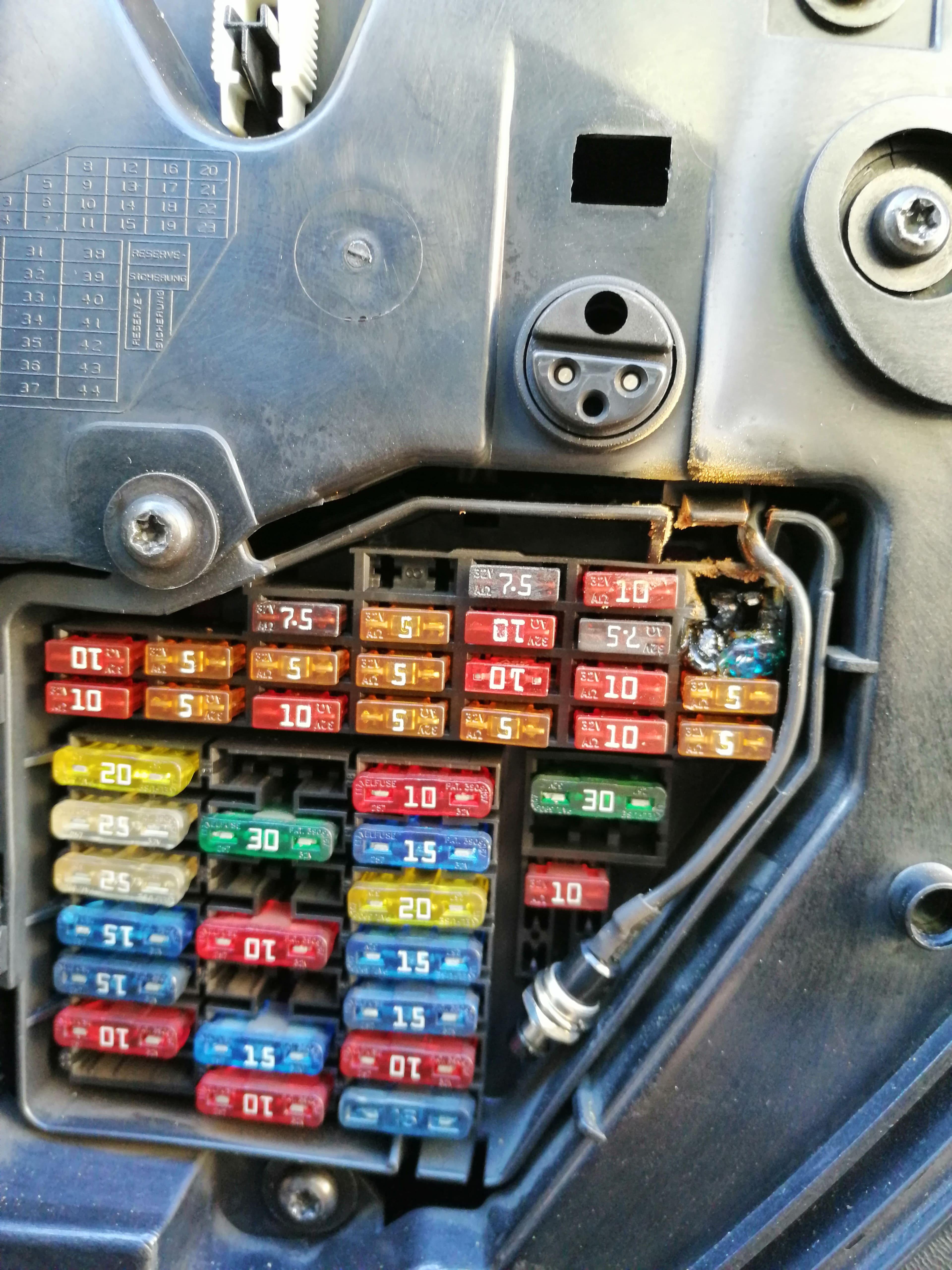 Problemi Za Mertsedes Pred Gran Pri Na Bakhrein Kazni Za Vozachite
May 25, 2025
Problemi Za Mertsedes Pred Gran Pri Na Bakhrein Kazni Za Vozachite
May 25, 2025 -
 Elektromobiliu Ikrovimas Europoje Porsche Plecia Tinkla
May 25, 2025
Elektromobiliu Ikrovimas Europoje Porsche Plecia Tinkla
May 25, 2025 -
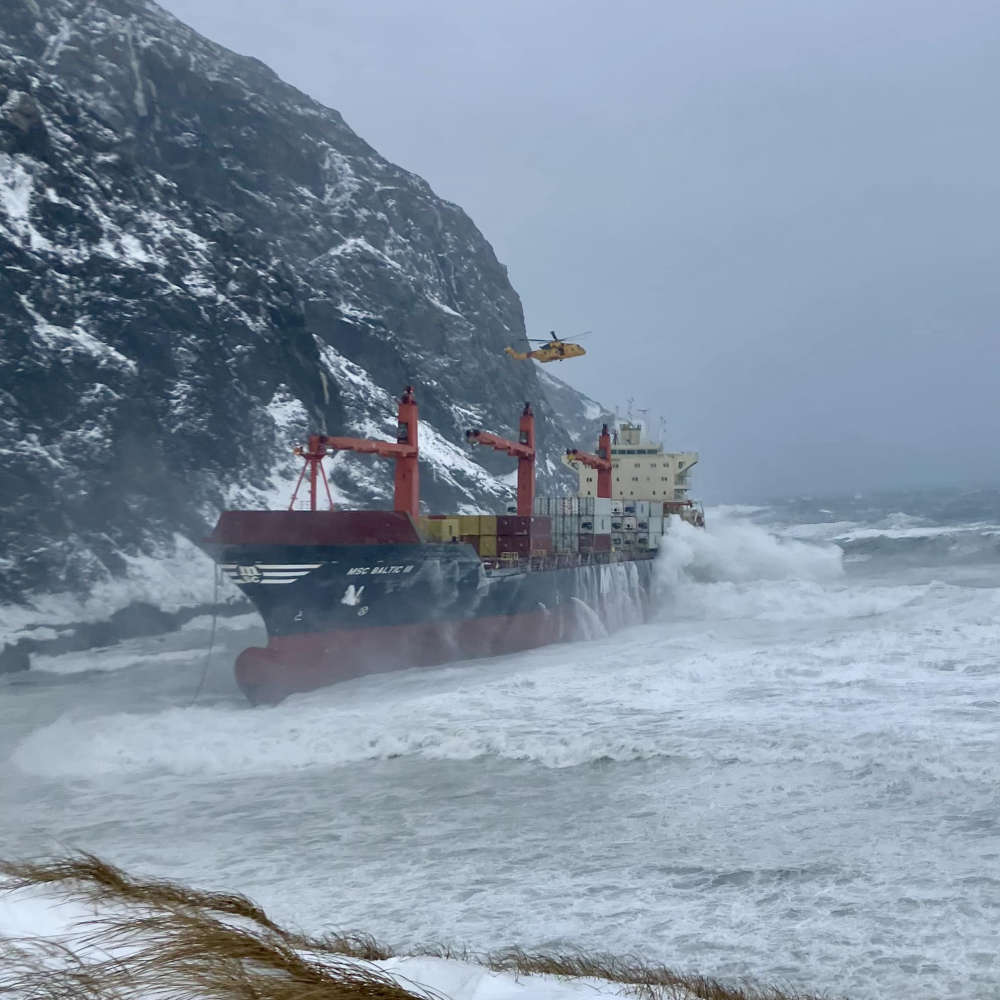 Container Ship Aground On Mans Lawn The Cnn Story
May 25, 2025
Container Ship Aground On Mans Lawn The Cnn Story
May 25, 2025 -
 Sunday Memorial Service For Deceased Hells Angels Member Craig Mc Ilquham
May 25, 2025
Sunday Memorial Service For Deceased Hells Angels Member Craig Mc Ilquham
May 25, 2025 -
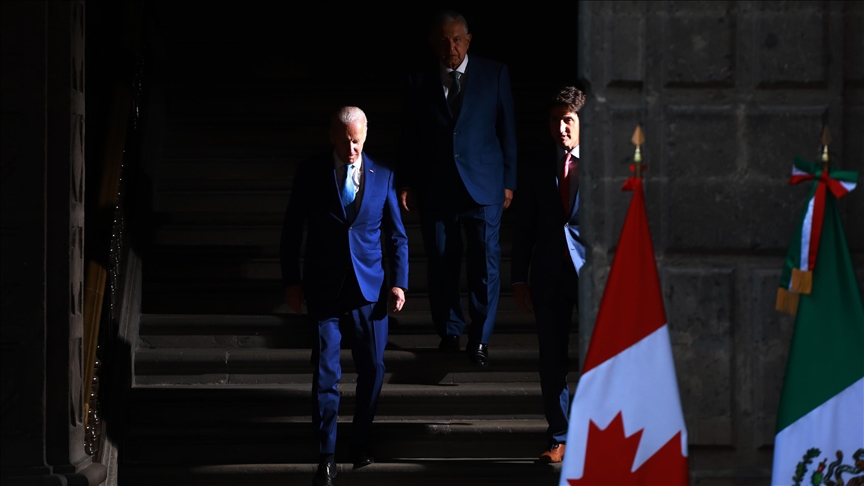 Strengthening Canada Mexico Trade Relations In The Face Of Us Protectionism
May 25, 2025
Strengthening Canada Mexico Trade Relations In The Face Of Us Protectionism
May 25, 2025
Latest Posts
-
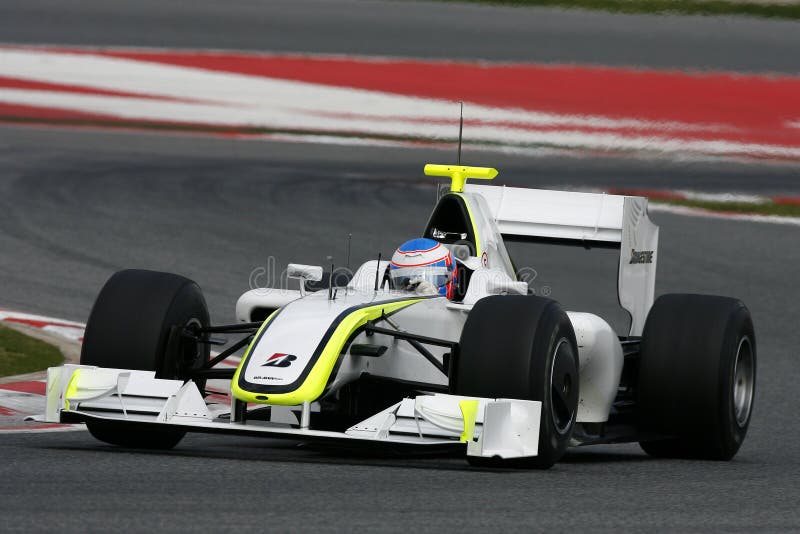 Reliving The Glory Jenson Button In His 2009 Brawn
May 25, 2025
Reliving The Glory Jenson Button In His 2009 Brawn
May 25, 2025 -
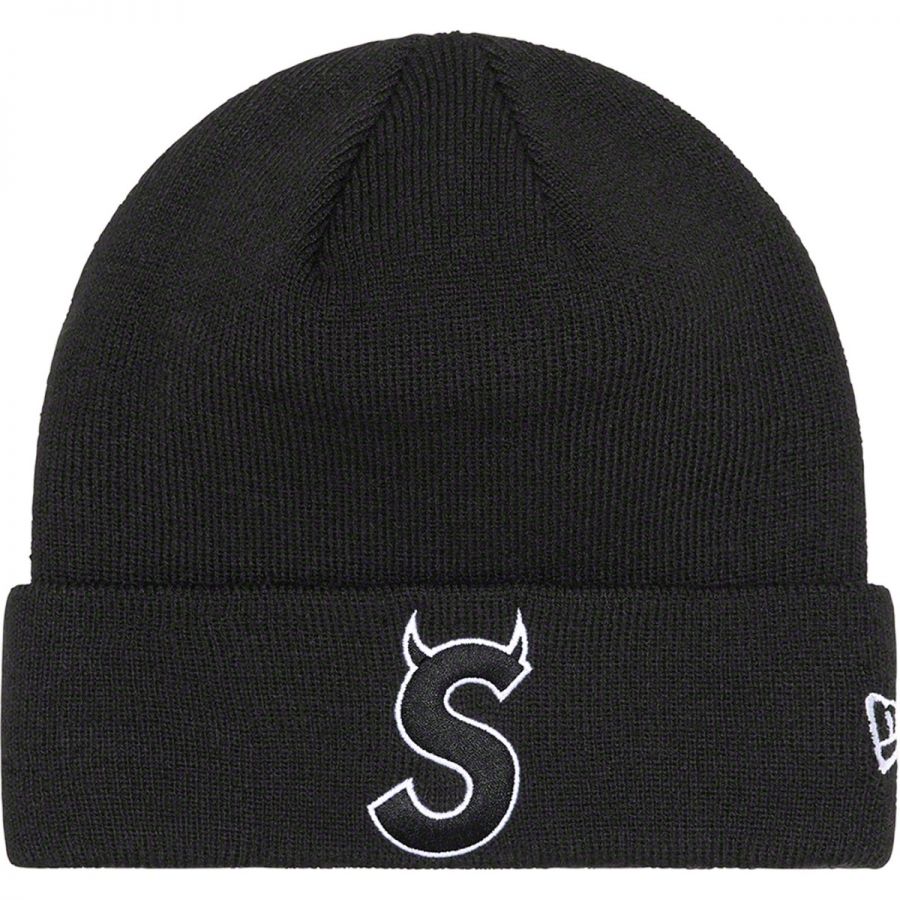 Exploring Jensons Fw 22 Extended Line New Styles And Details
May 25, 2025
Exploring Jensons Fw 22 Extended Line New Styles And Details
May 25, 2025 -
 2009 Brawn Gp Jenson Button And The Historic F1 Car
May 25, 2025
2009 Brawn Gp Jenson Button And The Historic F1 Car
May 25, 2025 -
 Jenson Fw 22 Extended In Depth Analysis
May 25, 2025
Jenson Fw 22 Extended In Depth Analysis
May 25, 2025 -
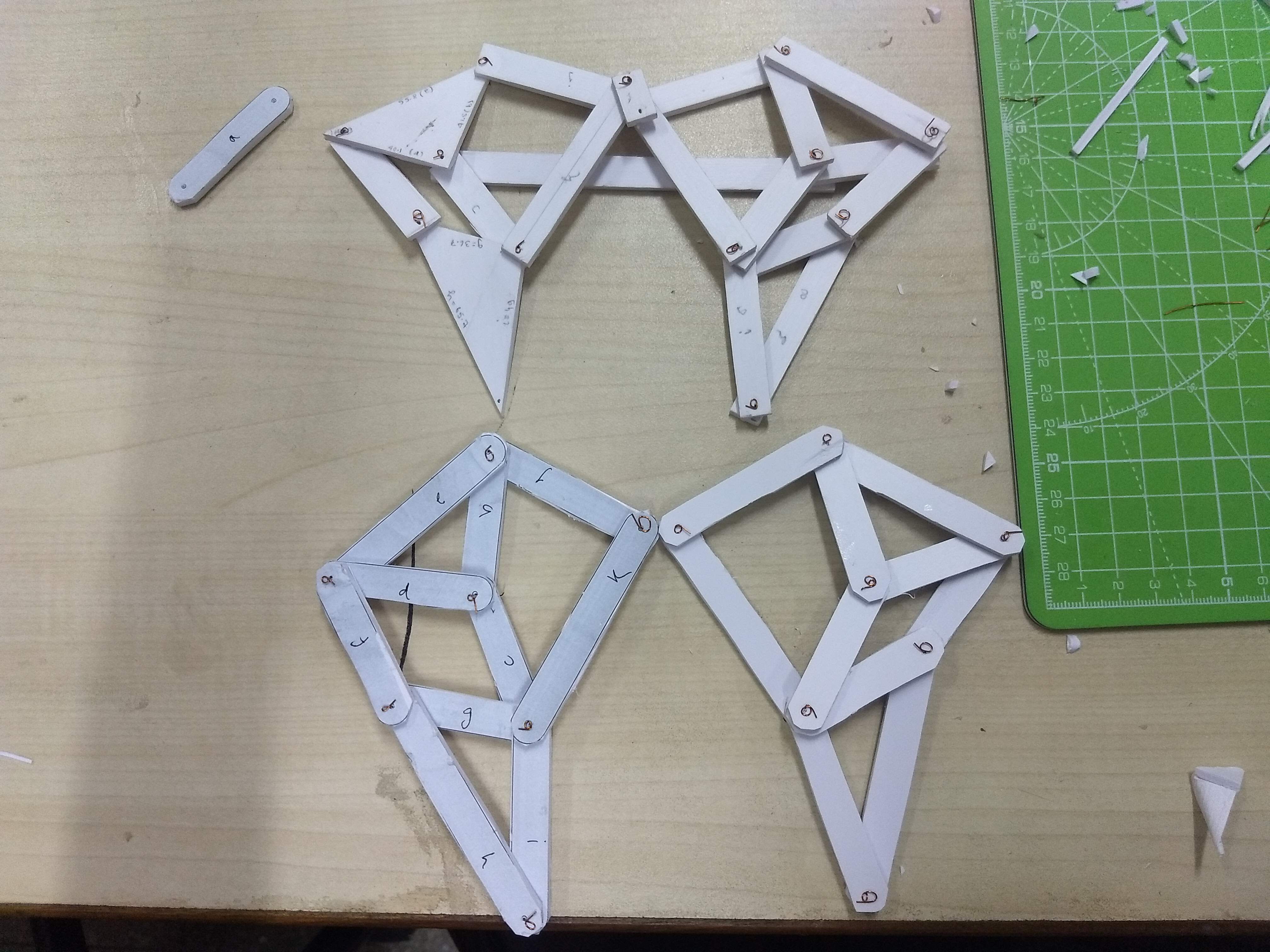 Jenson And The Fw 22 Extended A Deeper Look
May 25, 2025
Jenson And The Fw 22 Extended A Deeper Look
May 25, 2025
